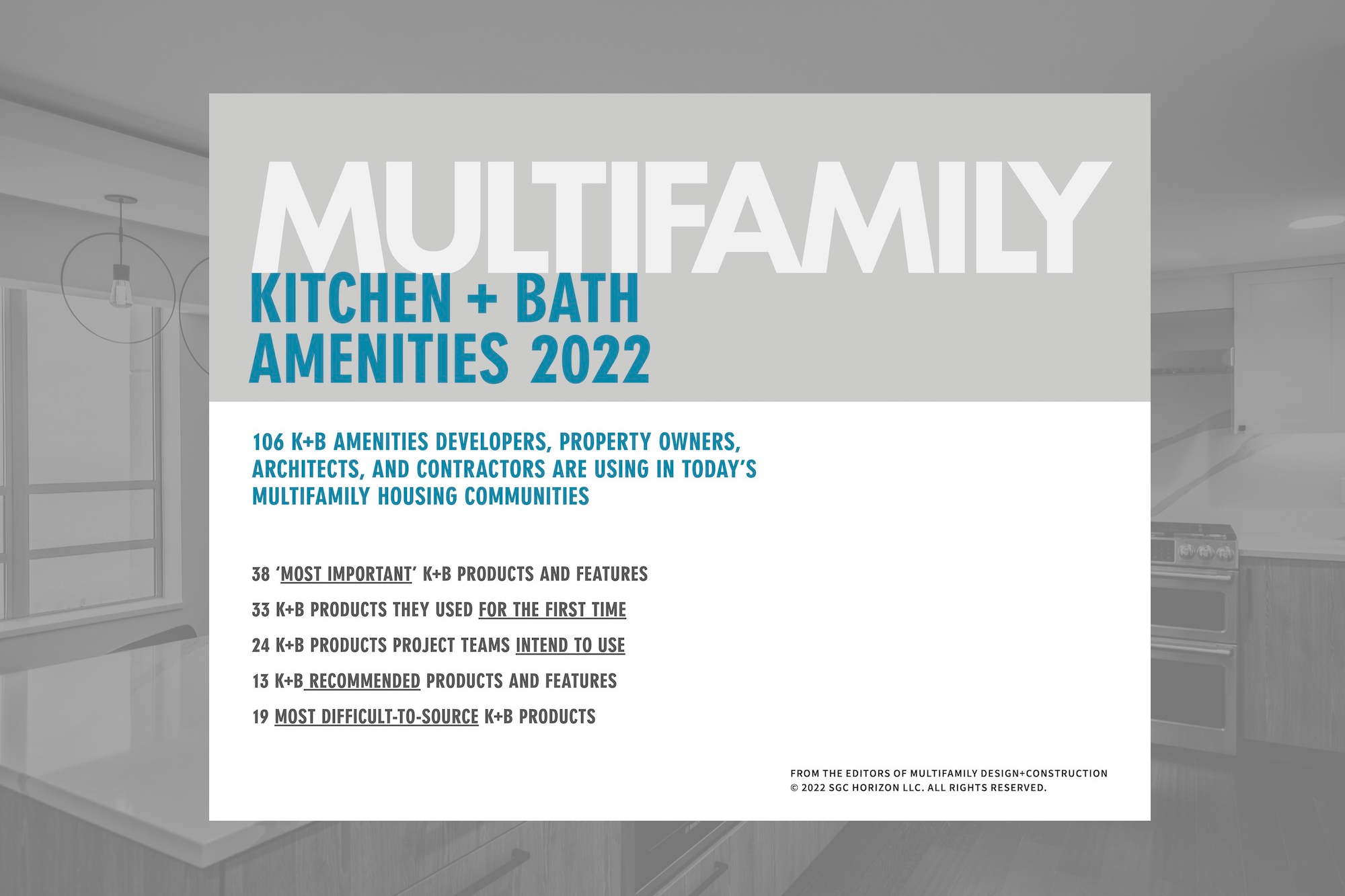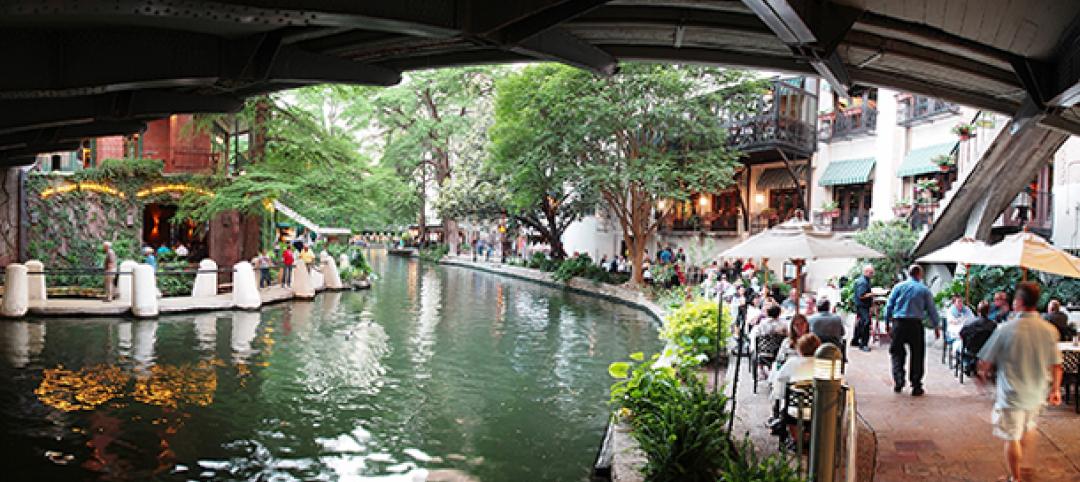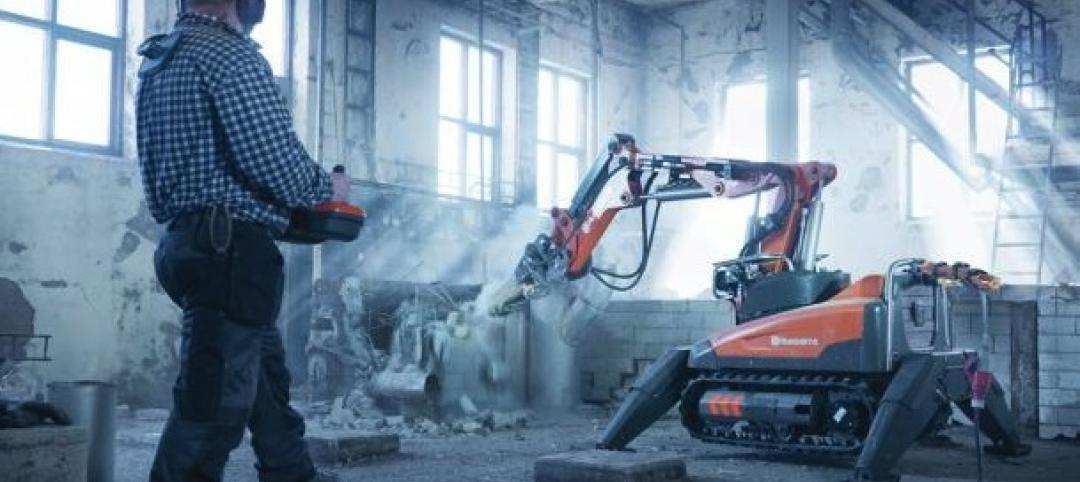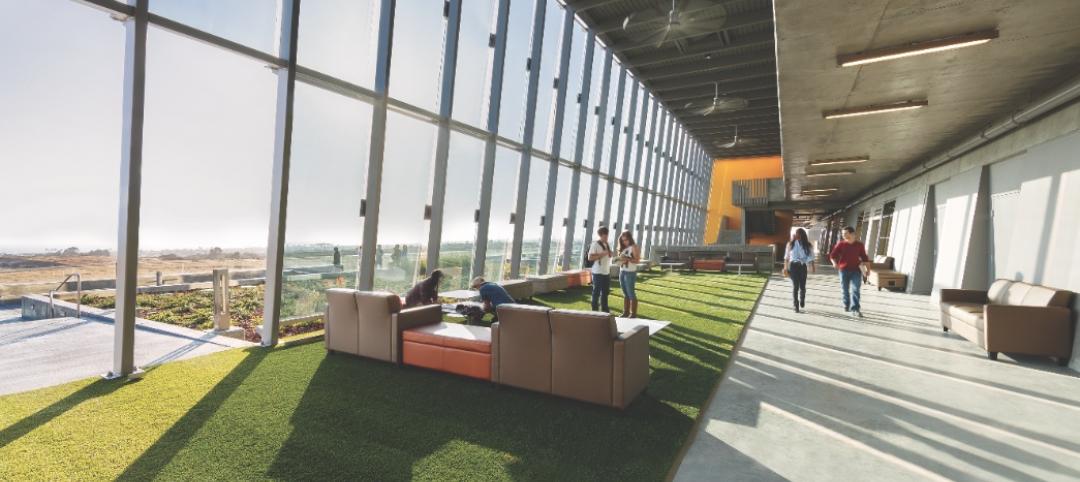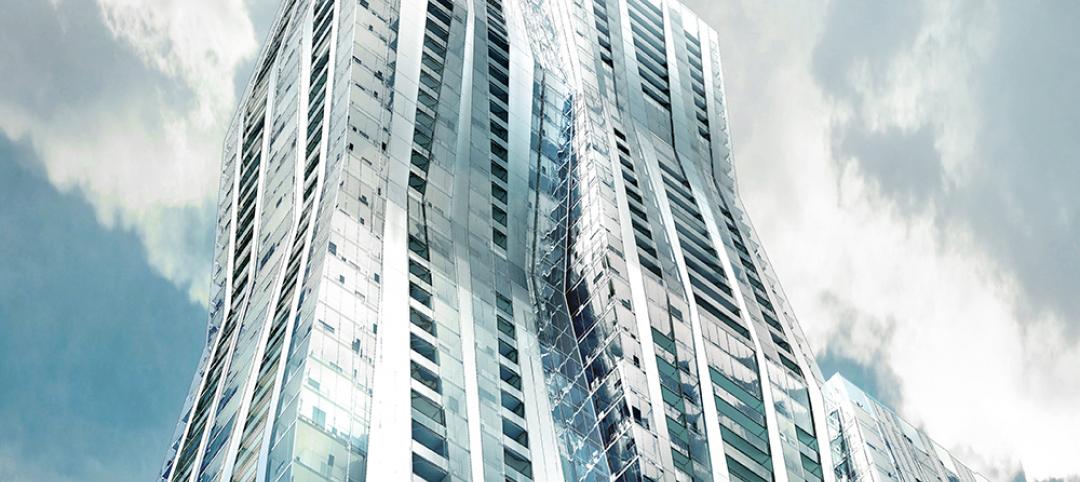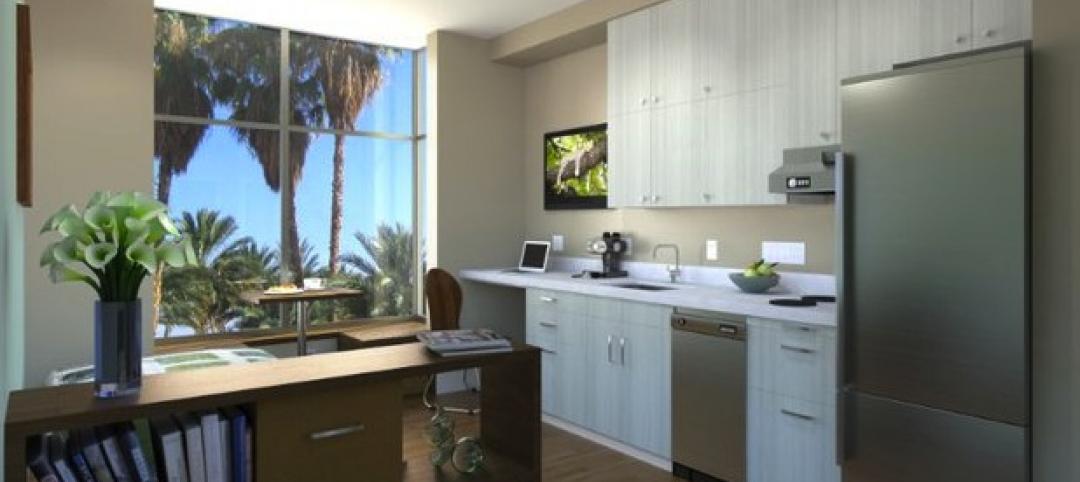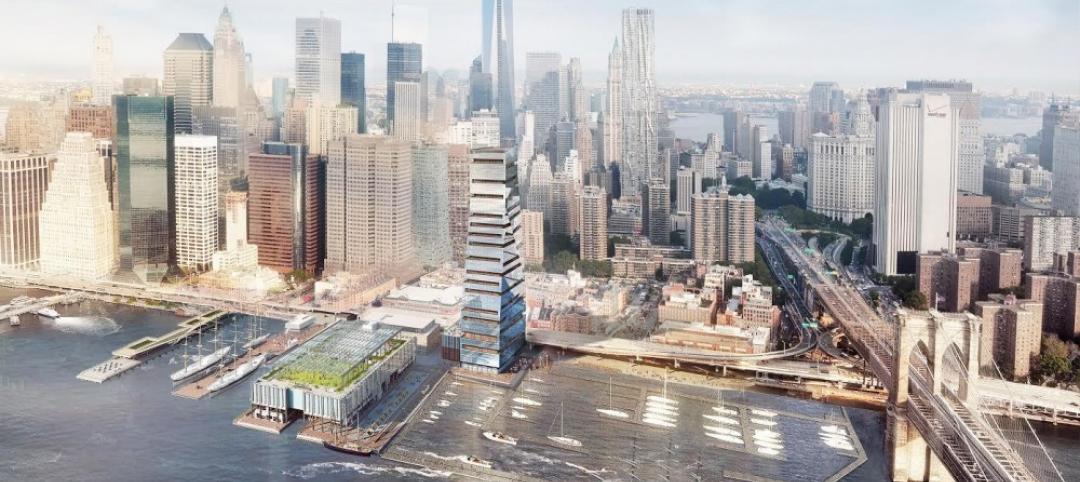Our inaugural “Multifamily Kitchen+Bath Amenities Survey” of multifamily developers, architects, contractors, and other professionals provides exclusive data – 111 charts and tables – on the state of K+B amenity usage in multifamily housing.
CLICK HERE FOR FREE REPORT (SHORT REGISTRATION REQUIRED)
Among the key findings:
Some products stand out as evergreens, based on their high response rates: dishwashers (used by 97% of respondents, including 89% “extensively”); Energy Star appliances (95% usage, including 83% “extensively”); and installed microwave ovens (used by 94%, including 84% “extensively”).
• Project teams had favorite K+B amenities that they use consistently in their work – but they were open to trying many new products, such as induction cooktops, for the first time as well.
• All 106 K+B products or specifications were employed by at least some respondents, although the adoption rate for some of these products or specification types was sometimes in the low single digits.
• Supply chain problems, notably for appliances and cabinets, had impacted project delivery.
• Some project teams installed specific K+B products for the first time; others said they intend to use various K+B products, like air filtration systems, that they had never used before in future projects.
Here's an example of one of the 106 K+B amenities featured in the report:
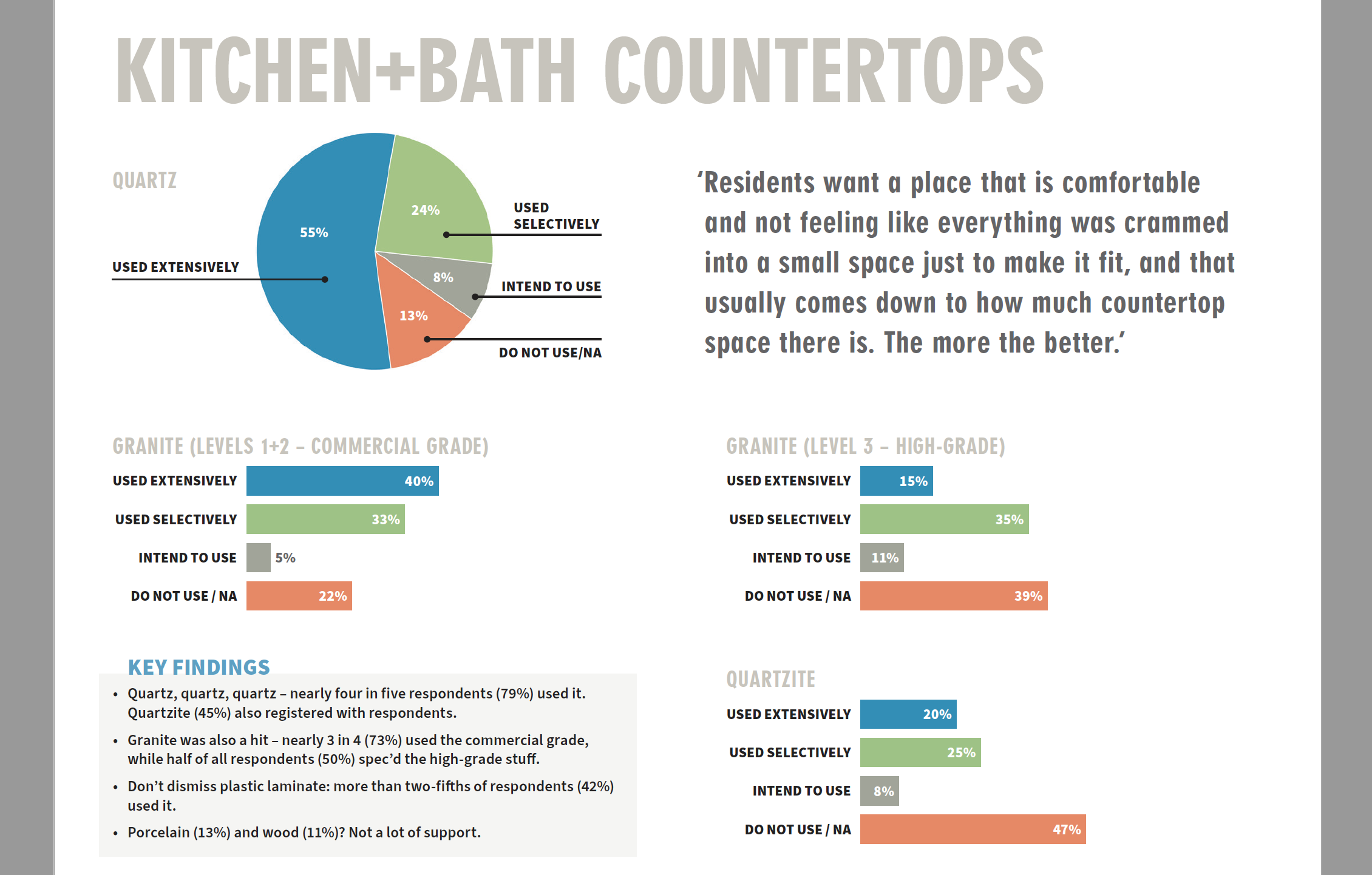
Participants in the survey included architects (45%), developers/property owners/property managers (25%), contractors (16%), interior designers (9%), product manufacturers (3%), and engineers (2%). They developed, designed, and constructed apartments (91%), senior living (54%), townhomes (51%), condominiums (39%), and student housing (33%).
REFRIGERATORS, CABINETS IN SHORT SUPPLY
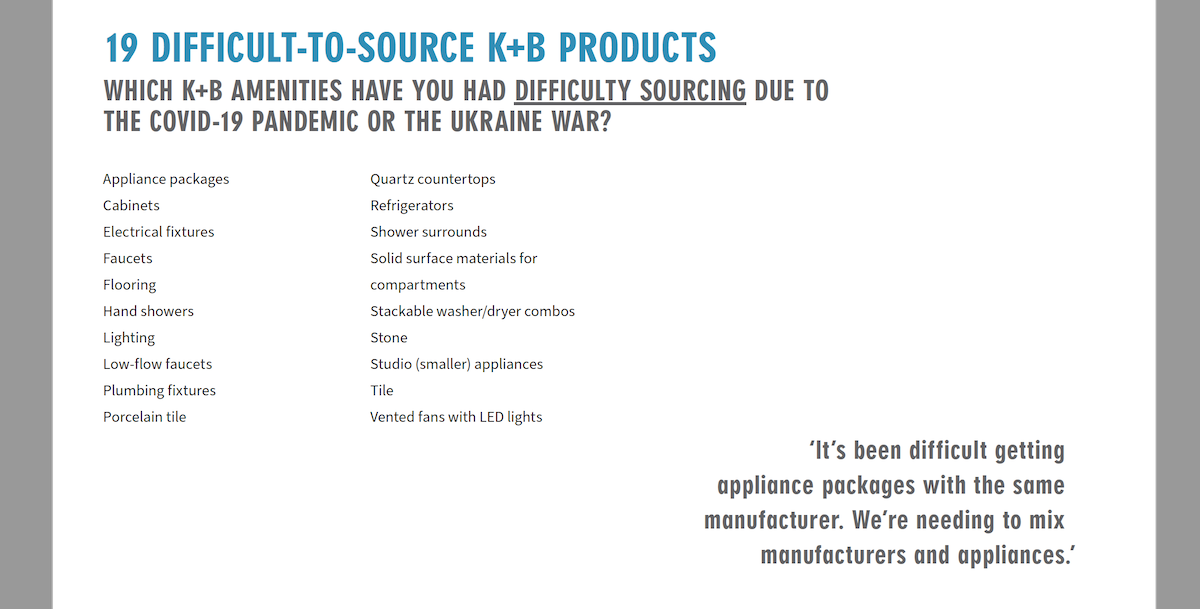
One respondent described the supply chain mess this way: “As developers are attempting to nail down pricing early in the Design Phase … combined with logistic nightmares, getting the design team ahead of the curve and in line with the general contractor and pricing exercises is crucial.”
Appliances came up more often than any other product category. “We’ve been purchasing them early and storing [them] in our own warehouses or changing our spec to purchase models that are in stock/available,” said one respondent.
“It’s been difficult getting appliance packages with the same manufacturer,” said another respondent. “We’re needing to mix manufacturers and appliances.”
Refrigerators were the main culprit cited by respondents. “We’re finding whatever spec is available,” said one. “Need to order well in advance and be flexible,” advised another.
Cabinets were also headache cited by several respondents. “Unfortunately, [we’re] playing the waiting game,” moaned a cabinetless respondent. Another firm said it was using pantry cabinets in bathrooms instead of medicine cabinets.
One pleaded, “[We’re] trying to get locally sourced cabinets, made in the USA.”
The last word on “solving” the K+B amenity shortage problem: “Order way in advance,” advised a respondent.
MULTIFAMILY HOUSING TEAMS 'INTEND TO USE' NEW PRODUCTS
Project teams showed interest in trying new K+B products, styles, or features in the future, even with the usual caution about "experimenting" with anything new.
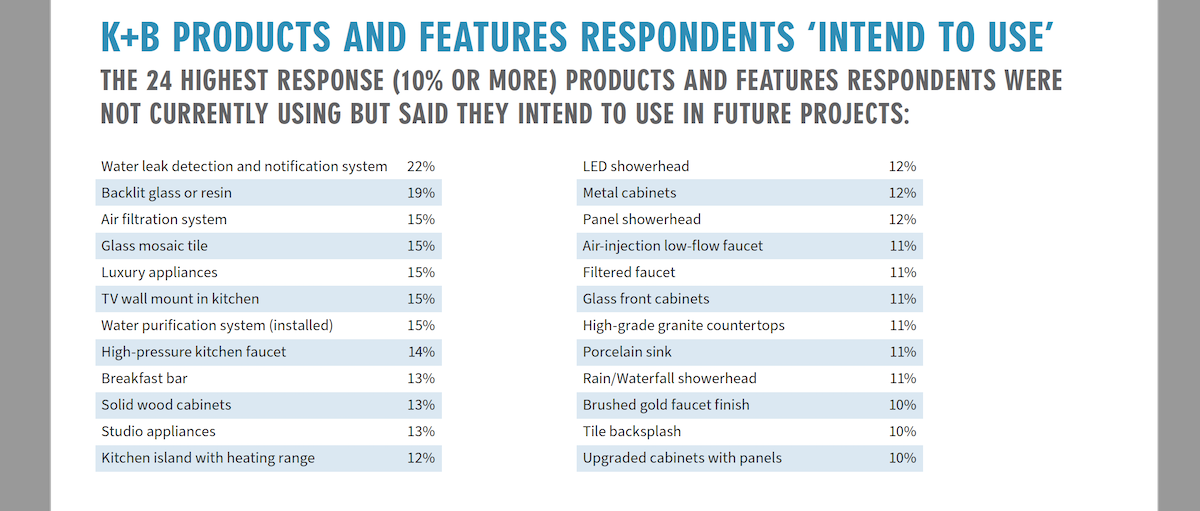
FIRST-TIME USERS TRIED A WIDE VARIETY OF K+B AMENITIES
Some brave souls had actually used one or more new K+B products, styles, or features for the first time:
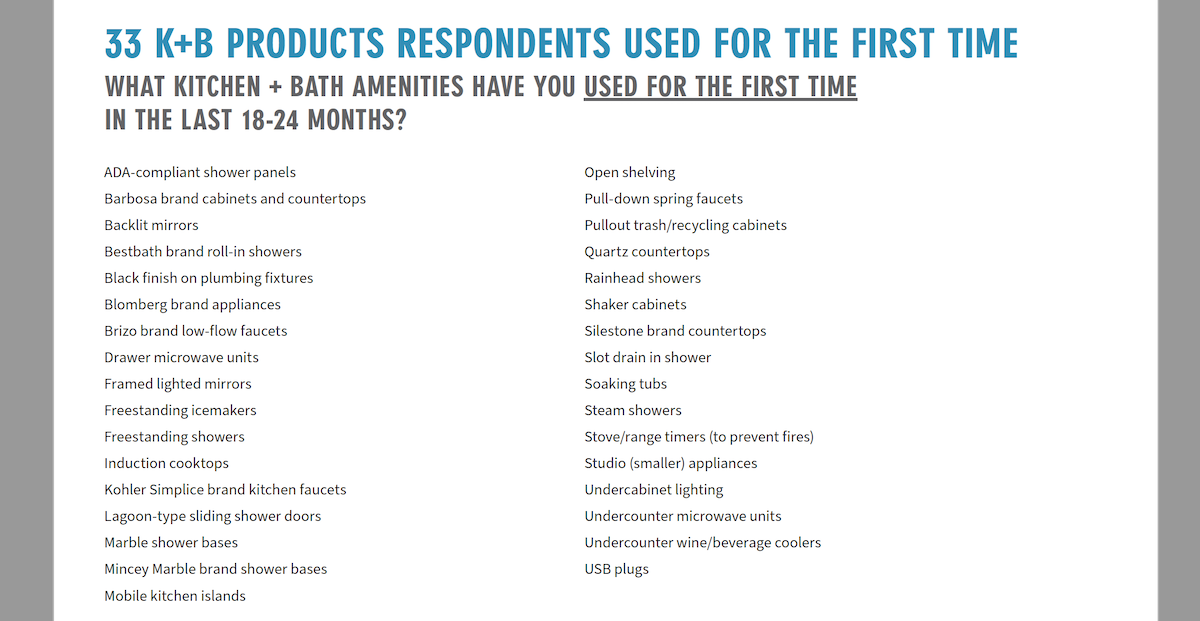
CLICK HERE FOR FREE REPORT (SHORT REGISTRATION REQUIRED)
Related Stories
Smart Buildings | Jan 7, 2015
Best practices for urban infill development: Embrace the region's character, master the pedestrian experience
If an urban building isn’t grounded in the local region’s character, it will end up feeling generic and out-of-place. To do urban infill the right way, it’s essential to slow down and pay proper attention to the context of an urban environment, writes GS&P's Joe Bucher.
| Jan 6, 2015
Construction permits exceeded $2 billion in Minneapolis in 2014
Two major projects—a new stadium for the Minnesota Vikings NFL team and the city’s Downtown East redevelopment—accounted for about half of the total worth of the permits issued.
| Jan 2, 2015
Construction put in place enjoyed healthy gains in 2014
Construction consultant FMI foresees—with some caveats—continuing growth in the office, lodging, and manufacturing sectors. But funding uncertainties raise red flags in education and healthcare.
Sponsored | | Dec 30, 2014
Case studies: Engineered wood brings cost savings, design flexibility across commercial project types
For commercial architects facing increasing pressure to design innovative structures while simultaneously cutting costs and accommodating tight deadlines, engineered wood systems are providing a welcome solution.
| Dec 28, 2014
Robots, drones, and printed buildings: The promise of automated construction
Building Teams across the globe are employing advanced robotics to simplify what is inherently a complex, messy process—construction.
| Dec 28, 2014
AIA course: Enhancing interior comfort while improving overall building efficacy
Providing more comfortable conditions to building occupants has become a top priority in today’s interior designs. This course is worth 1.0 AIA LU/HSW.
| Dec 28, 2014
6 trends steering today's college residence halls
University students want more in a residence hall than just a place to sleep. They want a space that reflects their style of living and learning.
| Dec 22, 2014
Studio Gang to design Chicago’s third-tallest skyscraper
The first U.S. real-estate investment by The Wanda Group, owned by China’s richest man, will be an 88-story, 1,148-ft-tall mixed-use tower designed by Jeanne Gang.
| Dec 17, 2014
ULI report looks at growing appeal of micro unit apartments
New research from the Urban Land Institute suggests that micro units have staying power as a housing type that appeals to urban dwellers in high-cost markets who are willing to trade space for improved affordability and proximity to downtown neighborhoods.
| Dec 15, 2014
SHoP Architects plans to turn NY's Seaport District into pedestrianized, mixed-use area
The scheme includes a proposed 500-foot luxury residential tower that would jut out into the harbor, extending the Manhattan grid out into the waterfront.


